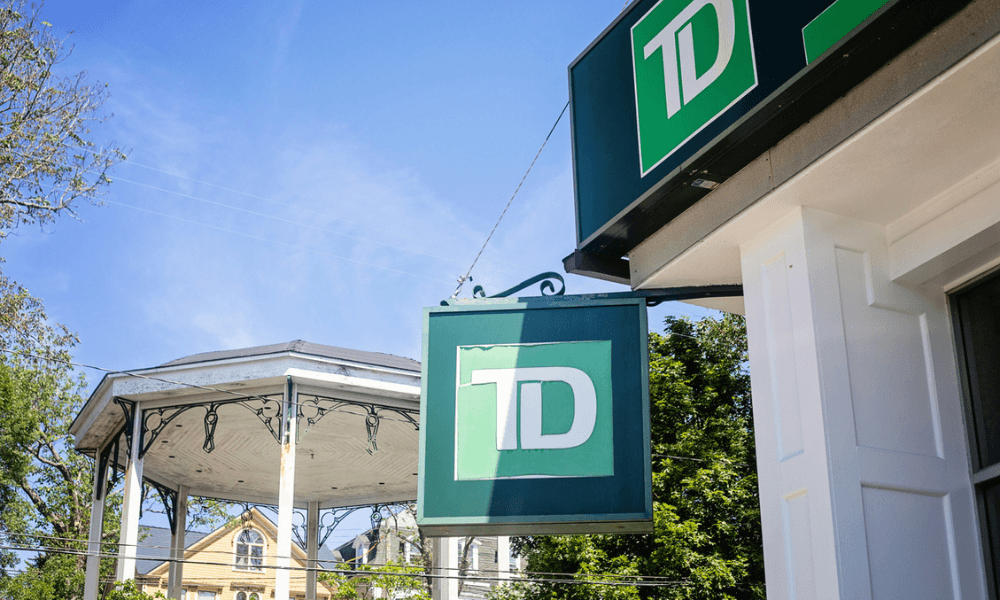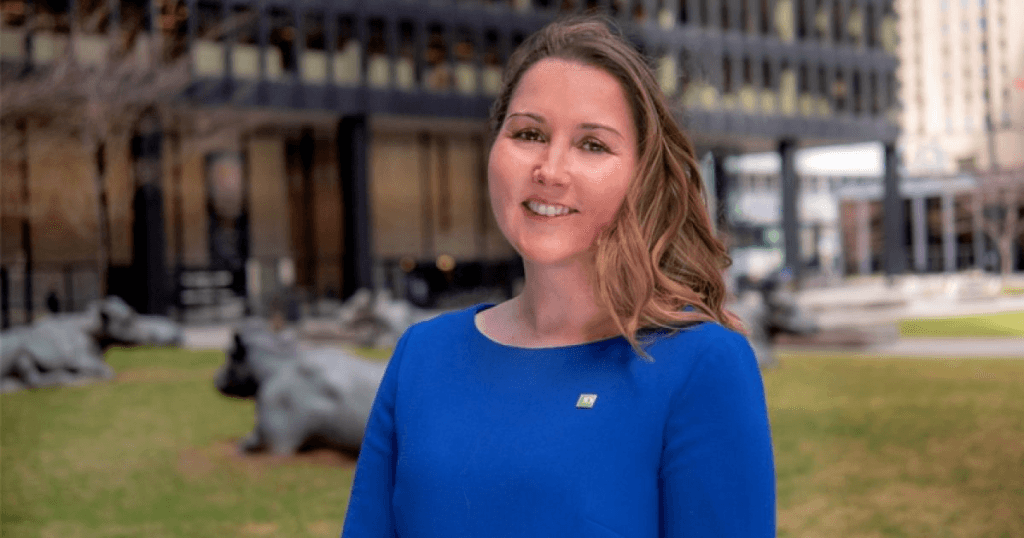TD Bank Secures Multi-Year Forest Carbon Deal with Chestnut Carbon

• TD Bank secures a four-year supply of Improved Forest Management (IFM) removal credits from Chestnut Carbon.
• Agreement supports TD’s operational decarbonization and sustainable finance platform.
• Credits sourced from privately owned U.S. forests reinforce community-based conservation and biodiversity.
Nature-Based Carbon Removal Gains Institutional Backing
TD Bank has entered a multi-year agreement with Chestnut Carbon to purchase high-integrity forest carbon removal credits, reinforcing the lender’s operational decarbonization and broader climate finance commitments.
Under the four-year arrangement, TD will acquire Improved Forest Management (IFM) credits generated from Chestnut’s U.S.-based forest conservation projects. These credits represent verifiable carbon removals—rather than avoidance offsets—and are designed to preserve at-risk, privately owned forests across 37 states.
Chestnut’s model integrates forestry expertise, carbon science, and community partnerships to maintain ecosystem integrity while creating local economic value. Each credit is tied to projects that improve air and water quality, enhance biodiversity, and strengthen regional climate resilience.
Supporting Landowners and Local Economies
The company’s Forest Carbon Works membership program enables landowners to generate long-term revenue by keeping their forests intact instead of resorting to timber harvesting. Participants share in carbon credit income while maintaining stewardship over their land.
Beyond carbon accounting, the initiative has helped communities diversify forest use—from cultural events to eco-tourism—demonstrating how nature-based solutions can align conservation with local development.
“By investing in our Improved Forest Management carbon project, TD is helping support climate resilience and biodiversity,” said Shannon Smith, Chief Commercial Officer at Chestnut Carbon. “Our clients help us work with landowners to preserve their forests for generations to come.”

Finance Meets Forests
TD’s purchase forms part of its voluntary emissions offset program, covering operational activities such as business travel. The transaction also supports TD Securities’ Sustainable Finance & Advisory platform, which provides corporate clients with access to vetted environmental assets and transition financing instruments.
RELATED ARTICLE: TD Bank Sets $500 Billion Sustainable & Decarbonization Finance Target by 2030
“This agreement reflects our commitment to investing in innovative, nature-based solutions that help our clients and our own operations navigate the transition to a low-carbon economy,” said Nicole Vadori, Vice President of Environment at TD Bank.

The collaboration builds on TD’s ongoing sustainable finance initiatives, including its efforts to mobilize billions toward low-carbon investments and advance transparency in environmental performance.
Governance, Market, and ESG Implications
For financial institutions, IFM credits represent one of the few scalable natural climate solutions offering measurable and durable removals. They are increasingly sought by companies seeking to balance internal abatement strategies with credible offset mechanisms amid growing scrutiny of voluntary carbon markets.
Chestnut’s approach—focused on integrity and traceability—aligns with evolving international frameworks for carbon accounting, including the Integrity Council for the Voluntary Carbon Market’s (ICVCM) Core Carbon Principles. It also complements North American efforts to enhance forest carbon measurement and verification standards under the U.S. Department of Agriculture’s climate-smart forestry agenda.
Broader Climate Finance Context
As institutional buyers like TD enter multi-year carbon removal contracts, market observers see a shift toward longer-term, transparent partnerships that prioritize co-benefits and accountability. Such deals provide financial security to project developers while allowing corporate buyers to demonstrate progress toward science-based climate targets.
For investors and executives, the Chestnut–TD partnership illustrates how large financial institutions can support decarbonization through credible, community-centered climate finance instruments. It also reflects a broader convergence between environmental markets and mainstream banking—one that could define the next decade of ESG investing.
Follow ESG News on LinkedIn












